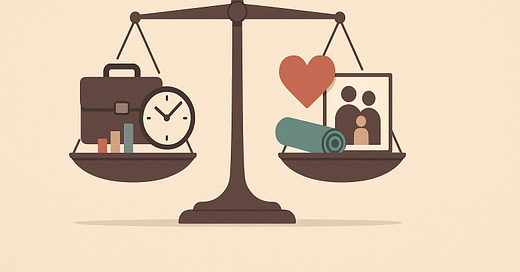Every decision is an optimization problem, but you can optimize only one primary goal at a time.
When I established the pricing mechanism for the company, I realized one thing: I could set the price very high to optimize for the highest unit economy (revenue per unit sold), or I could set the price below the market price and optimize for growing market share. But I cannot optimize for both.
The same for everything else in life. You can optimize for anything, but not for everything.
For each choice, there will be one main optimization. And that will be determined by the goal.
Do I want to have the maximum market share possible? Or do I want to have the highest revenue per unit sold?
Do I want to have the short-term gain? Or do I want to have a long-term partnership?
Do I want to have a happy, long-term relationship? Or do I want to sprint in career development?
Do I want to have a relaxed lifestyle? Or do I want to 100x my startup?
There is always a time attribute to the goal of what you optimize for. For example, for a 22-year-old, he/she can optimize for career development from 22 to 29 and optimize for relationship building from 29 onwards.
The most important aspect is being intentional about the goal — knowing, and being conscious of what you optimize for.
Time is the ultimate resource and constraint; we only have limited time to optimize for a limited number of goals in life.



